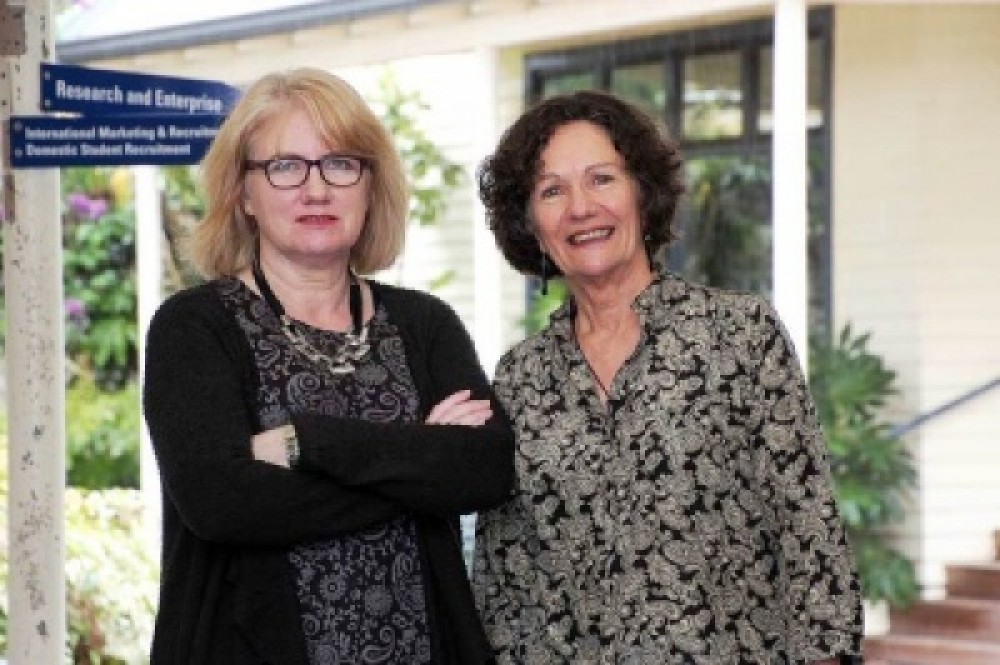Living in your own home contributes to a better quality of life and promotes healthy ageing.
Older New Zealanders who own their houses are also less likely to be depressed, more engaged in community activities and have a greater sense of belonging than those who don’t.
Conversely, for renters low levels of quality of life and high levels of depression do not change over time.
These 2016 findings from Massey University’s New Zealand Health, Work and Retirement longitudinal study may seem somewhat obvious, but there’s been little evidence-based research into the effects on wellbeing of adequate housing for our older citizens, so they provide important information for policy makers.

Growing concern about New Zealand’s declining rate of home ownership
Psychology professors Christine Stephens (right) and Fiona Alpass head the interdisciplinary Health and Ageing Research team at Massey University which from 2006 has followed over 1000 Kiwis aged 55 and above. They are concerned about New Zealand’s declining rate of home ownership combined with its rapidly ageing population.
“People often say that the baby boomers have had it so good,” Fiona says, “but within every cohort there are people who haven’t done so well. Through sheer numbers, that’s going to be a much bigger group in the near future.”
The study also found marked demographic differences in housing tenure based on ethnicity and socio-economic status, with Māori being worse off and less likely to be home owners than non-Māori.
Both researchers express concern that the quality of life of older Kiwis will plummet as more are forced into rental and potentially sub-standard accommodation.
“The present rental situation does not support good mental health for older people,” Christine says.
Secure rentals also bring benefits
Housing ownership is a significant protective factor against the harmful effects of loneliness. It clearly doesn’t make for good mental health if people are anxious and don’t feel at home – if they don’t have that sense of ‘home’ that owning your house or having a secure rental situation gives you.”
They both agree that increasing people’s ability to become homeowners or creating more opportunities for older people to get access to secure and stable housing, will have both economic and social benefits for New Zealand as a whole.
The Massey team will continue to explore the relationships between wellbeing and housing, inquiring more specifically into the mediating factors between renting and mental health outcomes.
“There are so many more questions around these issues,” concludes Fiona.
